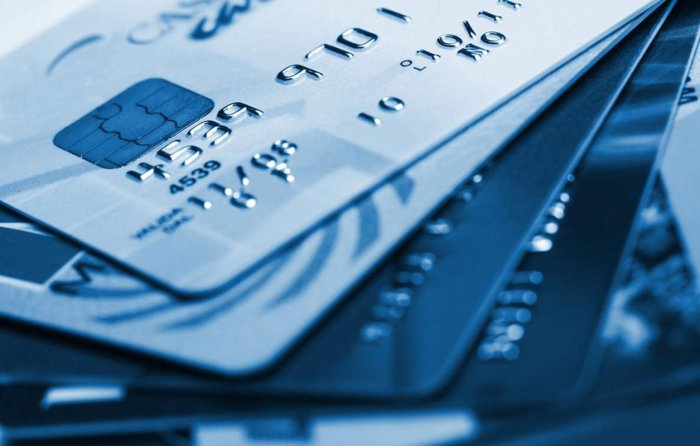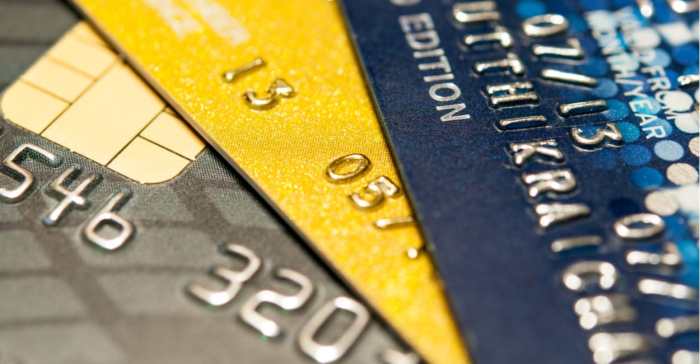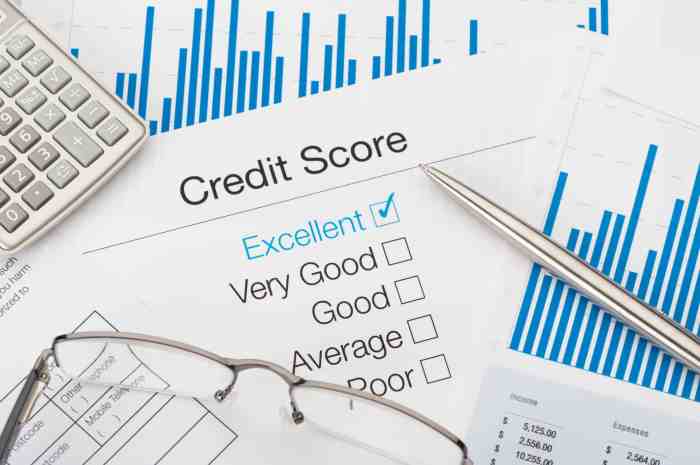Best Credit Cards for Building Business Credit and Securing Loans
Best Credit Cards for Building Business Credit and Securing Loans: Building a thriving business often hinges on securing funding. Understanding how business credit cards can contribute to a strong credit profile and ultimately, access to loans, is crucial for entrepreneurs. This guide explores the various types of business credit cards, strategies for maximizing their benefits, and the impact of responsible credit management on loan approval prospects.
We’ll delve into the nuances of secured versus unsecured cards, compare offerings from banks and credit unions, and analyze reward programs to help you choose the card that best aligns with your business needs. Furthermore, we will provide practical advice on building your business credit score, navigating the loan application process, and negotiating favorable loan terms. Ultimately, this guide aims to empower you with the knowledge to make informed financial decisions that foster your business’s growth and stability.
Types of Business Credit Cards
Choosing the right business credit card can significantly impact your company’s financial health. Understanding the different types available and their features is crucial for making an informed decision that aligns with your business needs and financial goals. This section will explore the key distinctions between various business credit card options, helping you navigate the complexities of business credit.
Secured vs. Unsecured Business Credit Cards
Secured and unsecured business credit cards differ primarily in their requirements and risk profiles. Secured cards require a cash deposit as collateral, guaranteeing repayment to the issuer. This makes them easier to obtain, even with limited or poor credit history. Unsecured cards, conversely, don’t require a security deposit. Approval depends on your business’s creditworthiness, making them more challenging to qualify for but offering higher credit limits and potentially better rewards.
The trade-off lies in the risk; secured cards offer lower risk for the issuer, resulting in easier approval, while unsecured cards present higher risk, necessitating a stronger credit profile for approval.
Business Credit Cards Offered by Banks vs. Credit Unions
Banks and credit unions both offer business credit cards, but their approaches often differ. Banks, generally, tend to offer a wider array of cards with diverse features and rewards programs, often catering to larger businesses or those with established credit. Credit unions, on the other hand, often focus on personalized service and may offer more competitive interest rates and fees, particularly for smaller businesses or those within their membership base.
The decision of which to choose depends on your business size, credit history, and the importance you place on personalized service versus a broader selection of card options.
Benefits and Drawbacks of Business Credit Card Reward Programs
Many business credit cards offer reward programs, such as cash back, points, or miles. Cash back programs provide a straightforward return on spending, easily applied to business expenses. Points and miles programs offer flexibility, potentially redeemable for travel, merchandise, or statement credits, but may require careful tracking and strategic spending to maximize their value. However, reward programs often come with caveats.
Some programs may have limitations on redemption options, or require a minimum spending threshold to unlock rewards. Furthermore, the value of rewards can fluctuate, and the earning rate might not always be competitive. Careful evaluation of the terms and conditions is crucial before selecting a card based on its rewards program.
Comparison of Business Credit Cards, Best credit cards for building business credit and securing loans
The following table compares four hypothetical business credit cards, highlighting key features to consider. Remember that actual offers and terms vary by issuer and applicant qualifications.
| Card Name | Annual Fee | Interest Rate (APR) | Reward Structure |
|---|---|---|---|
| Example Card A | $0 | 18% | 1.5% Cash Back on all purchases |
| Example Card B | $95 | 15% | 2% Cash Back on travel and office supplies; 1% on other purchases |
| Example Card C | $0 | 21% | 2x points on dining and entertainment; 1x point on other purchases |
| Example Card D (Secured) | $0 | 24% | No rewards; requires security deposit |
Successfully navigating the world of business finance requires a strategic approach to credit management. By carefully selecting a business credit card and employing responsible spending habits, entrepreneurs can build a strong credit profile that opens doors to favorable loan terms and financial opportunities. This guide has provided a framework for understanding the interplay between credit cards, business credit scores, and loan acquisition.
Remember that consistent monitoring of your credit reports and proactive financial planning are essential for long-term success.
Top FAQs: Best Credit Cards For Building Business Credit And Securing Loans
What is the difference between a secured and unsecured business credit card?
Secured cards require a security deposit, guaranteeing repayment and making them easier to obtain with limited credit history. Unsecured cards don’t require a deposit but typically demand better credit scores for approval.
How long does it take to build business credit?
Building substantial business credit takes time and consistent responsible use. It can take several months to a year to see significant improvement, depending on your starting point and credit activity.
Can I use my personal credit card for business expenses?
While possible, it’s generally not recommended. Commingling personal and business finances can complicate accounting and negatively impact your personal credit score if business debts aren’t managed effectively. A dedicated business credit card keeps finances separate and builds business credit specifically.
What if I have a low business credit score?
A low score might limit loan options and result in higher interest rates. Focus on responsible credit card usage, paying bills on time, and monitoring your reports to improve your score over time. Consider starting with a secured card to establish credit.


